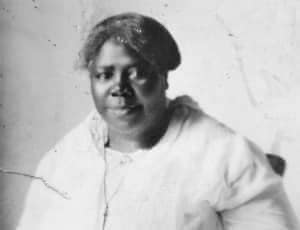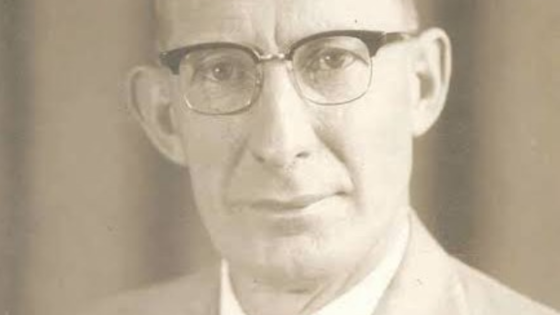In my progressive adventure in studying the word of God, I could not but succumb to the sudden pull to stop and read again and again the first few lines of the second Samuel chapter 11. When you become familiar with a storyline because you have heard of it many times and have also read of it in the past, there is a tendency to speed through the letters. That was the case here. However, I couldn’t progress further than the first line because the Spirit compelled me to investigate further. So, to obey His leading, let us attend to this matter with humility.
“In the spring, at the time when kings go off to war, David sent Joab out with the king’s men and the whole Israelite army…” The case begins with advancing us with knowledge of the meteorological season, “in the spring.” Meteorological Spring covers the period between March 1st and March 31st. Why the mention of Springtime? Why was it essential to link the season with the time Kings went to war? To understand the season’s significance, let us look at it from a Hebraic context and culture. In ancient Israel, most agricultural products are harvested from April through November. I have inserted a copyrighted version of the harvest cycle in old Israel to give us a better perspective.

The pictogram suggests that December through March are free of any harvesting effort. Incidentally, Springtime ushers in much dryer ground than the wet and muddy composition typical in wintry conditions. Since Chariots were the most reliable war machine for that era, a firmer ground would be easier for navigation. It may be easier to mobilize an army for battle if warranted when there is no harvesting activity for Israel. Can we confidently draw an inference from these cultural and meteorological insights to support the reason Kings go to war in Spring? Perhaps, yes.
Having examined the context and the cultural dynamics of life in Ancient Israel, let us seek to capture its spiritual permutations. King David, in his capacity and by divine ordination, occupied a Royal position in the military architecture of Israel. In our world, he would be considered the Commander in Chief of the Armed Forces. His voice and leadership enliven the vision and morale of the army under him. So, being present at a battleground carries a weighty value and could determine the overall performance. The spring time as mentioned in this story is a capture of a season within the Chronos of meteorological annual record. However, this specific season of spring was a Kairos, an opportune timetable when Kings attend to the urgent call for engaging in war. A Kairos moment is not often as frequent as we would want it. Recall the story of a man who had been an invalid for thirty-eight years, in John chapter 5 verses 1 to 8. He was among the infirmed who were waiting for the angel of the Lord to stir up the pool at Bethesda. When the pool is stirred, whoever gets in first receives their healing. For a long time, this man had no one to help him into the pool when such a Kairos moment happens. It was in this condition that he met face to face with Jesus and was consequently delivered of his infirmity.
As believers, we are inherently a part of the advancing army of the Kingdom of God. And as a soldier, we have a command from the Lord to stand at our post. In Ephesians chapter 6, Paul paints a thorough picture of the physical composition of a believer in military paraphernalia in juxtaposition with its spiritual implications. Here is the reading from verse 14, “Stand therefore, having girded your waist with truth, having put on the breastplate of righteousness, and having shod your feet with the preparation of the gospel of peace; above all, taking the shield of faith with which you will be able to quench all the fiery darts of the wicked one. And take the helmet of salvation, and the sword of the Spirit, which is the word of God;…” Standing is a posture of readiness. God calls the Church to take its divine position and not abscond from our obligation. Absent in our sacred post means we are present in another post that is outside the will of the Father.
Believers are watchmen. A watchman holds a strategic position in the defense configuration of an army. The watchman is the eye and ear of a designated garrison. The word of the Lord came to Ezekiel in chapter 3, verse 17, as He declares, “Son of man, I have made you a watchman for the house of Israel; therefore, hear a word from My mouth, and give them warning from Me…” The role of a watchman may vary from one believer to another. For some, it may be over the family unit, the city, institutions, or even nations. In all expressions, however small or big, the effectiveness is in remaining present and engaged. King David had a duty and an obligation to be present and engaged in battle but failed to show up. It was, unfortunately, a missed Kairos moment for partaking in the execution of the Father’s assignment. Because he failed to go to war as was the custom in that season, he was present somewhere other than at his designated post. Such was the case with King David, and he was led, as it were, into the wilderness of temptation for which he lacked the priestly covering to overcome. The affair with Bathsheba and the eventual murder of Uriah (Bathsheba’s husband) all culminated into series of unfortunate tragic events in the household of King David.
Dr. Edwin Ndukwe










